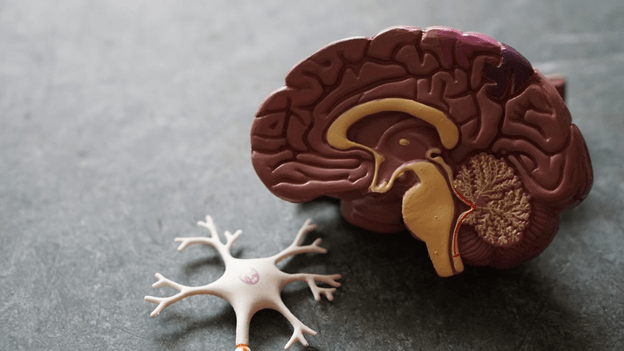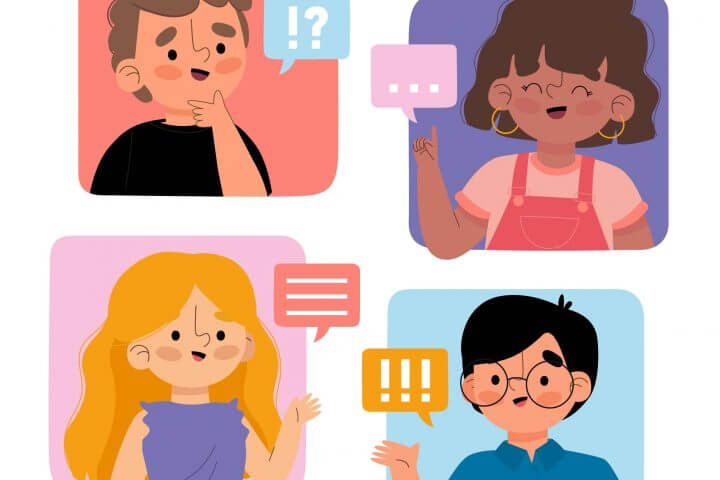If you’re fluent in two languages or more, you’ve most probably faced the challenge of switching smoothly between them. It is common for people to mix up words or use different pronunciations at times. More than half of the population is bilingual. Along with the obvious benefits of being able to communicate with the locals while traveling to countries or career advancement, there are several other advantages. Being bilingual means that your brain tends to look and function more differently as compared to monolingual people. Your language ability is focused on active parts, which is the way you speak and write, and passive parts, i.e., the way you listen and read.
Here’s everything you need to know about the effect of being bilingual on your brain function.
Let’s Take a Dive into Brain Functions…
What is Brain Lateralization?
Lateralization of brain function is a well-known mechanism according to whichdistinct regions of your brain perform differentiated functions. There are specific areas of the brain that control language, formulate memories, and make movements. The left hemisphere of your brain is considered the more dominant side and is the region in charge of logical decisions. The right hemisphere, on the other hand, is impulsive, emotional and responsible for “big picture” thinking.
How Does Language Affect this Lateralization?
As mentioned above, language ability has an active and passive faculty. The fact that language requires both active and passive modes, and these modes develop gradually as we mature, has led scientists to posit the “Critical Period Hypothesis.”
This hypothesis, first formulated by linguist Eric Lenneberg, suggests that children learn a language more easily as their brains are still developing asthey are able to use both hemispheres during first or second language acquisition. Adults’ knowledge of language, on the other hand, tends to be heavily lateralized within a single hemisphere, most commonly the left one. Consequently, when adults acquire a second language they will tend to have a very logical approach to it. language tends to be lateralized to a single hemisphere, which is commonly the left one.

What about Adult Language Learning?
Other research suggests that when adults learn a new language, they show fewer emotions and confront language problems more rationally. No matter at what age you learn a new language, being bilingual offers tons of advantages. One of the most visible advantages is having a higher density of grey matter. This is where the neurons and synapses are. This language workout also helps in delaying diseases like dementia and Alzheimer’s by just over four years. Activities such as music, excise, and language learning can keep your brain and mind healthy.
Based in Orange County, Ciao Languages have been in the industry for years, and we’ve helped thousands of people learn various languages with Italian lessons, German courses, French lessons, Spanish courses, and even lessons in Arabic. Get in touch with us to learn more today!




